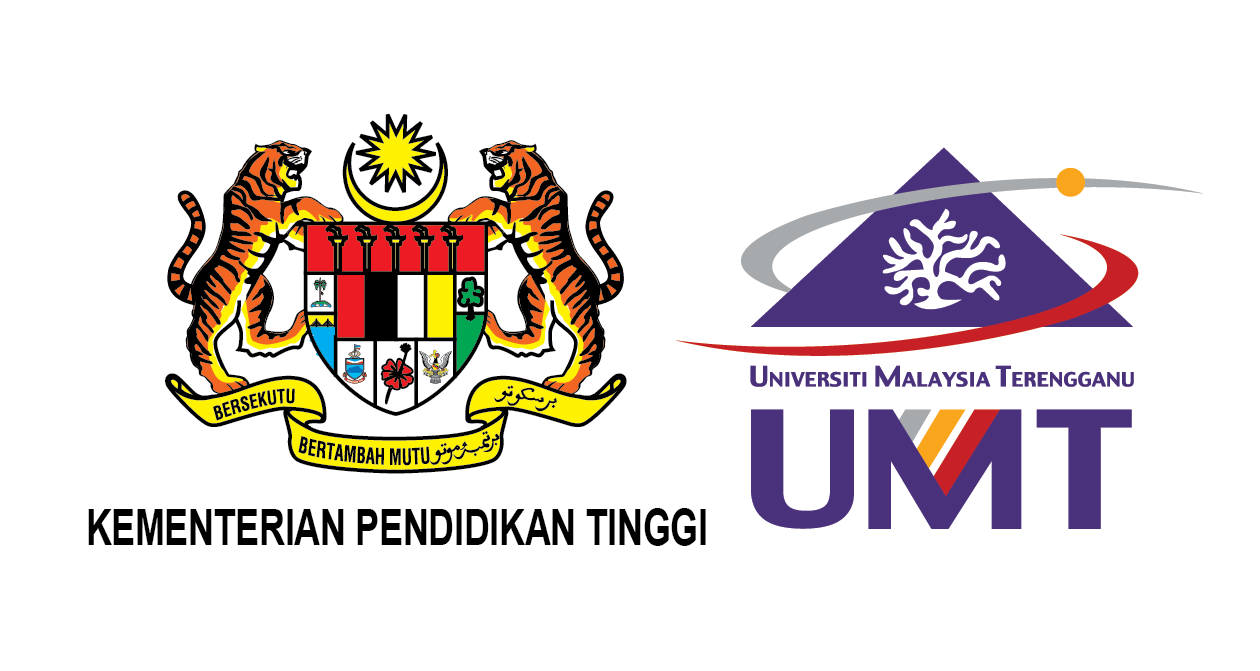Please use this identifier to cite or link to this item:
http://umt-ir.umt.edu.my:8080/handle/123456789/14233Full metadata record
| DC Field | Value | Language |
|---|---|---|
| dc.contributor.author | Wan Nur Suzani Sazleen Wan Shafiin | - |
| dc.date.accessioned | 2019-11-27T02:51:41Z | - |
| dc.date.available | 2019-11-27T02:51:41Z | - |
| dc.date.issued | 2016-10 | - |
| dc.identifier.uri | http://umt-ir.umt.edu.my:8080/xmlui/handle/123456789/14233 | - |
| dc.description.abstract | Herbicides are commonly used to control infestation of weeds. However, excessive use of single herbicide can cause the development of herbicide resistance in weeds, human health concern and pollution. This study aimed to evaluate herbicidal activity of 2,4-Di-tert-butylphenol (2,4-DTBP) and to determine tolerance level of selected crops species to 2,4-DTBP under laboratory and glasshouse conditions. Laboratory bioassay showed that leaf discs of Leptochloa chinensis, Eleusine indica, Hedyotis verticillata and Asystasia gangetica turned dark brown within two days after 2,4-DTBP treatment at 500 mg/L. Further evaluation revealed, post emergence application rate of 7 kg ai/ha caused the seedling growth inhibition of bioassay plants by 15-40 % only under glasshouse conditions, suggesting that 2,4-DTBP has poor post emergence herbicidal activity. | en_US |
| dc.language.iso | en | en_US |
| dc.publisher | Universiti Malaysia Terengganu | en_US |
| dc.subject | Herbicides | en_US |
| dc.subject | Plant, Protection of | en_US |
| dc.subject | Herbicides -- Environmental aspects | en_US |
| dc.subject | SB 951.4 .W3 2016 | en_US |
| dc.title | Evaluation of herbicidal activities of plant allelochemical, 2, 4-di-tert-butylphenol for natural herbicide development | en_US |
| dc.type | Thesis | en_US |
| Appears in Collections: | Pusat Pengajian Sains dan Teknologi Makanan | |
Files in This Item:
| File | Description | Size | Format | |
|---|---|---|---|---|
| ABSTRACT SB 951.4 .W3 2016.pdf | 95.46 kB | Adobe PDF | View/Open | |
| FULL TEXT SB 951.4 .W3 2016.pdf Restricted Access | 1.29 MB | Adobe PDF | View/Open Request a copy |
Items in UMT-IR are protected by copyright, with all rights reserved, unless otherwise indicated.

